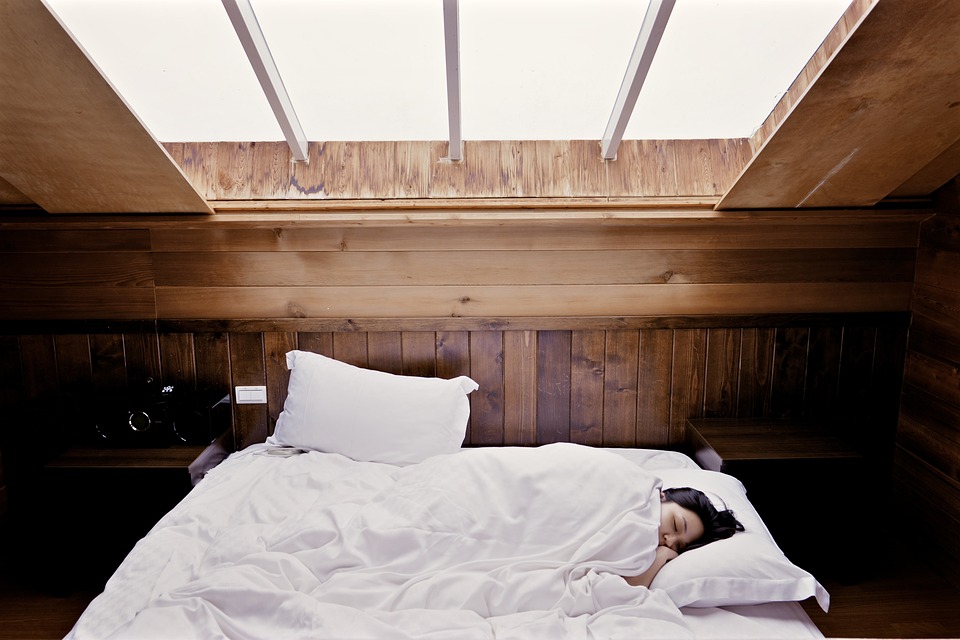Causes and Symptoms of Sleep Apnea

Ever felt tired even after a good night’s sleep? Ever woke up in the middle of the night gasping for breath? Get complaints from your partner about your increasingly loud snoring? If this is true for you, we recommend you visit the doctor and get yourself tested for sleep apnea
Sleep apnea is an ailment that is very common and can become very dangerous if not looked after.
Sleep apnea is a sleeping disorder in which breathing stops for 10 seconds or more during sleep. The lapse in the breathing mechanism results in decreased oxygen in the brain which can disrupt the sleeping patterns of those suffering.
The disorder can affect both children and adults alike. Ignoring the symptoms and not preventing the factors causing sleep apnea can turn out to be fatal for the person concerned.
Symptoms
Although there are different forms of sleep apnea, the symptoms of all the categories and structures are the same.
As mentioned before, gasping during sleep and loud snoring are symptoms of sleep apnea. However, in addition to these factors, below are some of the symptoms of sleep apnea
- Waking up with a dry mouth
- Regular morning headaches
- Feeling sleepy during daytime
- Constant Irritability
Having sleep apnea may not sound dangerous, but a visit to the doctor is enough to give you a reality check over the dangers and risks that the disease possesses.
Causes
Like the symptoms, the origins of different forms of sleep disorder are similar too. Having excess weight and being obese is one of the primary reasons for the formation of the disease in a person. People who are overweight usually have thicker necks; the thicker the neck, the narrower the airways.
It is not necessary that you have a narrow airway because of a larger neck circumference; many people inherit a small airway thus making them vulnerable to sleep apnea from birth. In addition to obesity and narrow airways, here are some other factors that contribute to sleep apnea:
- Inherited from family
- Older in age
- Smoking
- Sedentary lifestyle
- Alcohol
- Nasal congestion
According to research, men are more likely to be affected by sleep apnea than women. However, the report further states that, among women, the disease is usually misdiagnosed as depression or diabetes.
According to the study, the symptoms that women present are not for sleep apnea but lie more in the domain of depression and anxiety.
The complications that disease brings in our daily life make it tough for us to carry on with our daily routine. Sleep Apnea may result in fatigue during the day as the patient may spend nights waking up intermittently and gasping for breath in between.
If left unchecked, sleep apnea may also result in a sudden increase in blood pressure. The rise in blood pressure can single-handedly become the primary cause of heart disease in a patient. If not looked at by a doctor, the problems can worsen further, complicating the disorder.
